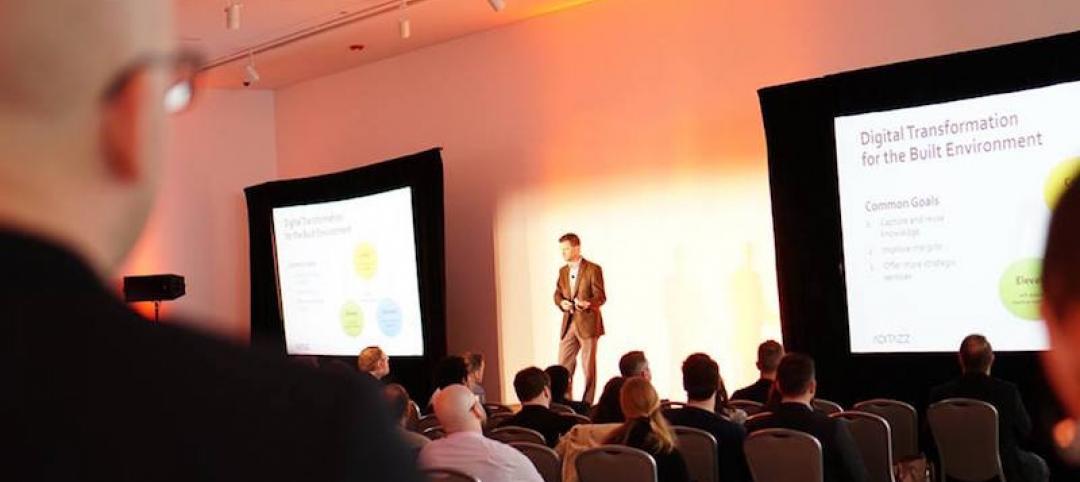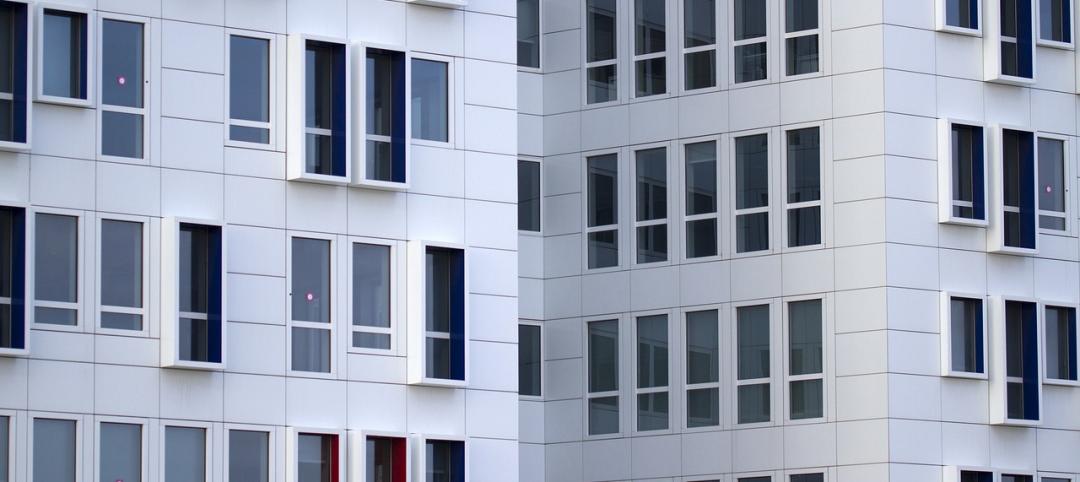MILWAUKEE, WI (November 30, 2010) – Robert Zimmerman, Manager – Engineering, Water Conservation & Sustainability at Kohler Co., in Kohler, Wisconsin, has joined the Board of Directors of the Alliance for Sustainable Built Environments. In his position at Kohler Co., Rob is involved with all aspects of water conservation and sustainability related to plumbing fixtures and faucets. Some of Rob’s responsibilities include working with government regulators and water utilities on water conservation program and code development, helping professionals in the green building industry understand how to design water-efficient buildings, and supporting and growing Kohler’s line of water-efficient plumbing products. Rob has presented training sessions on water conservation at national conferences, written numerous articles for trade publications, and is frequently quoted on water efficiency issues in the media. He is also actively involved in developing and implementing Kohler’s internal sustainability programs.
“I look forward to working with ASBE’s Board and its members to support our continued growth,” said Zimmerman. “ASBE’s mission of educating property owners, developers, facility managers, specifiers and the trades on the benefits of green building and sustainability is essential as society transitions toward more efficient use of water, energy and materials. I’m pleased to have the opportunity to serve on the Board.”
Founded in 2003, the mission of the Alliance is to transform the marketplace: to make green building best practices industry standards. To that end, it strives to raise awareness of sustainable development and promote the triple-bottom-line benefits delivered through high performance green buildings. Members include Eaton Corp., Forbo Flooring, Haworth, Johnson Controls Inc., Kohler Co., KONE, Milliken & Company, Philips Lighting, USG Corporation and Watertronics.
“We are delighted to have Rob join the ASBE Board,” said Craig Zurawski, Executive Director of ASBE. “He brings an extensive knowledge base and a background of practical application to an area of sustainability that is gathering a lot of attention and momentum in the green building industry. His vast experience and connections within the national water conservation community should help bring ASBE’s mission to a greater audience.”
Rob currently co-chairs the WaterSense and Water Efficient Products Committee for the Alliance for Water Efficiency, co-chairs the Water Efficiency and Sustainability Issue Committee for the Plumbing Manufacturers Institute, and is a member of the Green Technical Committee for IAPMO. He has a BS in Chemical Engineering from Purdue University, and a MS in Engineering Management from the Milwaukee School of Engineering.
The Alliance for Sustainable Built Environments is a group of industry leaders who practice and are recognized for leadership in sustainability; that is economic, social and environmental responsibility. It is committed to delivering high performance sustainable solutions for the built environment. To learn more about the Alliance, its members and the green building industry, go to www.greenerfacilities.org or call 866-913-9473.
Founded in 1873 and headquartered in Kohler, Wis., Kohler Co. is one of America’s oldest and largest privately held companies. Kohler is a global leader in the manufacture of kitchen and bath products, engines and power generation systems, cabinetry, tile and home interiors, and an international host to award-winning hospitality and world-class golf destinations.
Related Stories
Accelerate Live! | Jul 6, 2017
Watch all 20 Accelerate Live! talks on demand
BD+C’s inaugural AEC innovation conference, Accelerate Live! (May 11, Chicago), featured talks on machine learning, AI, gaming in construction, maker culture, and health-generating buildings.
Building Team | Jun 22, 2017
Seven lessons learned on commissioning projects
Commissioning is where the rubber meets the road in terms of building design.
Architects | Jun 19, 2017
Preparing to negotiate: Get your head in the game
Logical and well-planned steps to effective negotiation.
| Jun 13, 2017
Accelerate Live! talk: Incubating innovation through R&D and product development, Jonatan Schumacher, Thornton Tomasetti
Thornton Tomasetti’s Jonatan Schumacher presents the firm’s business model for developing, incubating, and delivering cutting-edge tools and solutions for the firm, and the greater AEC market.
| May 30, 2017
Accelerate Live! talk: Finding the money for your clients' projects, Paul Westlake, Jr., DLR Group|WRL
Architect Paul Westlake, Jr., shares his methods for adding value to projects through creative financing.
Daylighting | May 30, 2017
Sun, sky brightness, and glow: Making the most of daylight [AIA course]
To some project teams, “daylighting” means using glass area to admit direct sunlight, period.
Security/Fire Protection | May 30, 2017
Security begins when you close the door [AIA course]
Selecting door and window systems for any building project demands a complete articulation of safety and security concerns.
Codes and Standards | May 30, 2017
Industry Groups move toward Unified Green Building Model Code in 2018
The effort involves combining ASHRAE's Standard 189.1 with the International Green Construction Code.
Codes and Standards | May 30, 2017
Florida preparing to adjust to new building elevation requirements
New floodplain maps and state code changes loom.
Codes and Standards | May 30, 2017
Heated debate over whether Calif.’s prevailing wage requirement stymies affordable housing
There’s disagreement around how much pay regulations add to cost of projects.





![Sun, sky brightness, and glow: Making the most of daylight [AIA course] Sun, sky brightness, and glow: Making the most of daylight [AIA course]](/sites/default/files/styles/list_big/public/datylight.jpg?itok=akEDpIQ8)
![Security begins when you close the door [AIA course] Security begins when you close the door [AIA course]](/sites/default/files/styles/list_big/public/security.jpg?itok=NVwecLpz)







